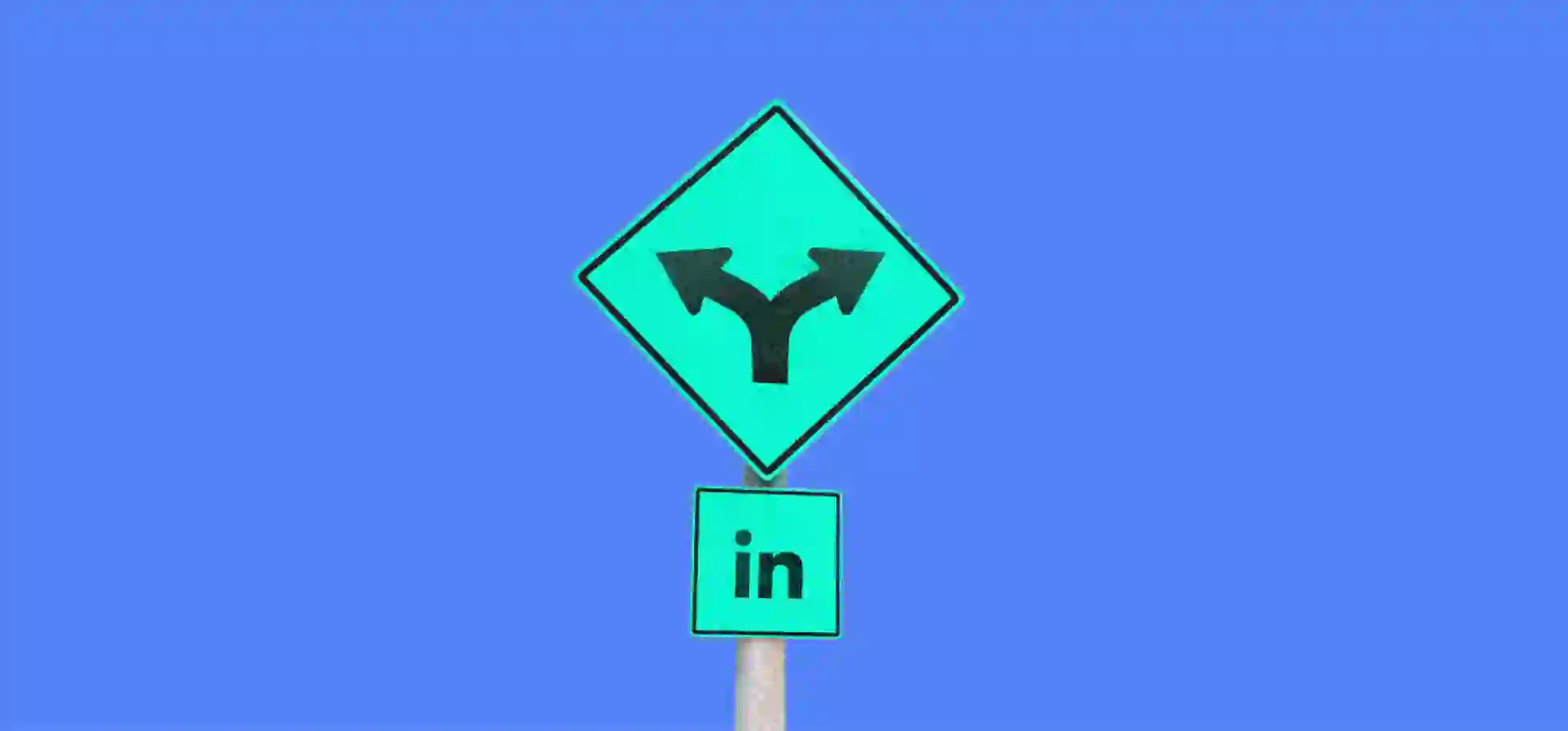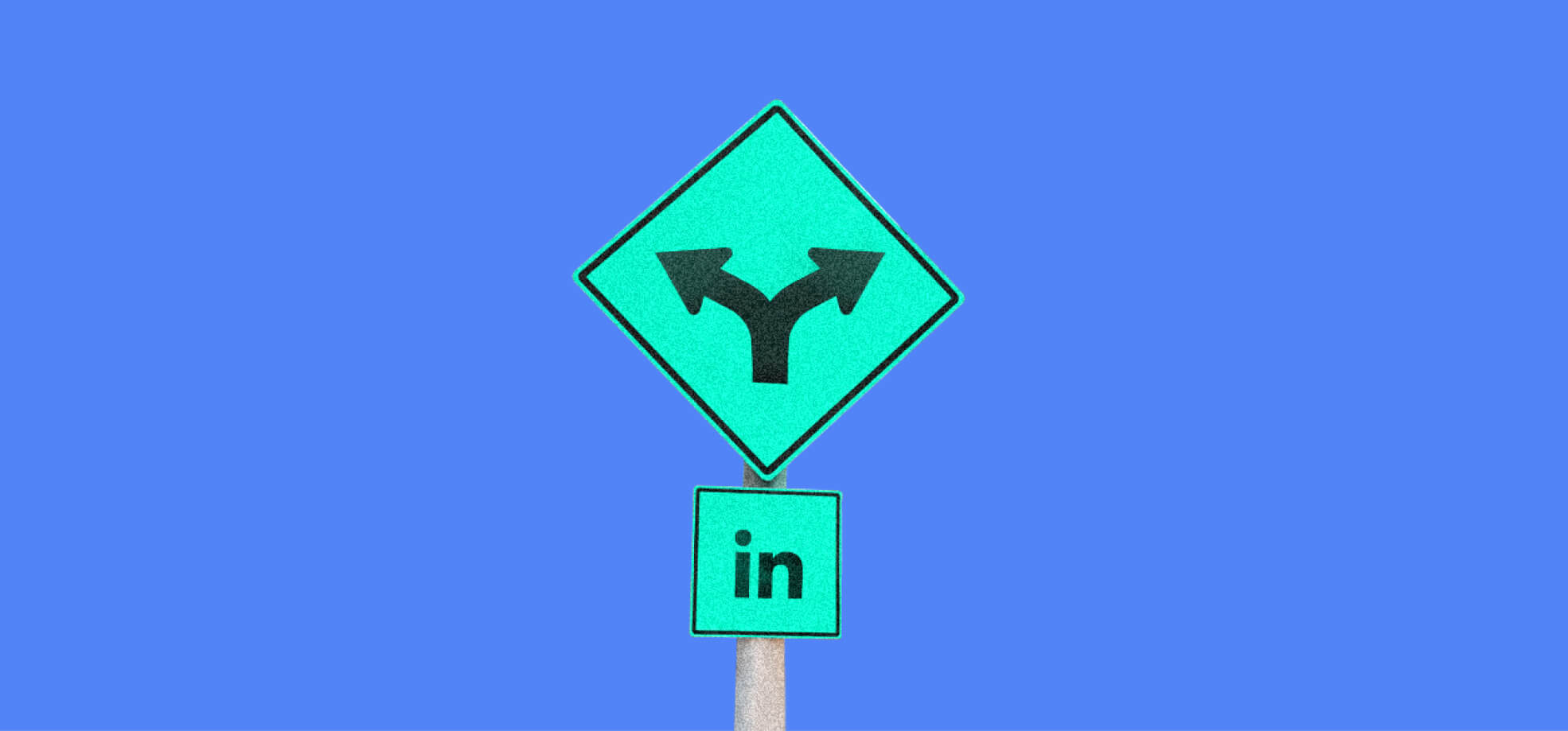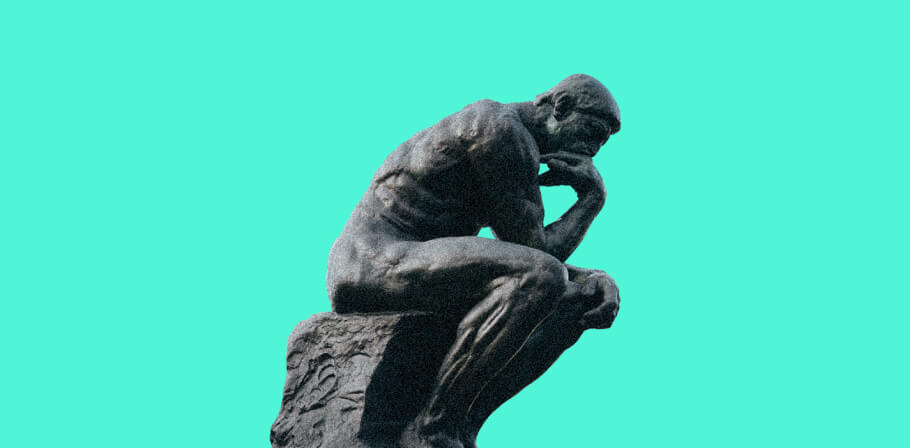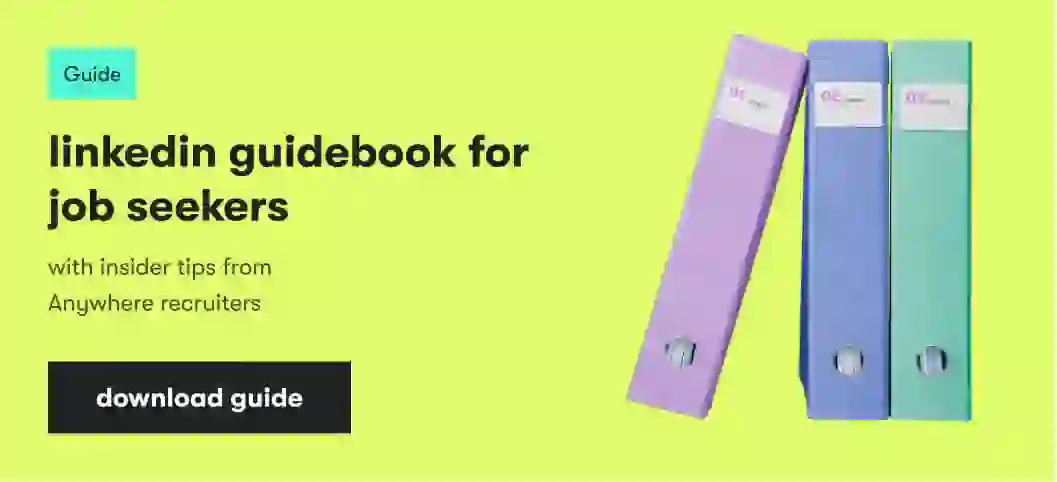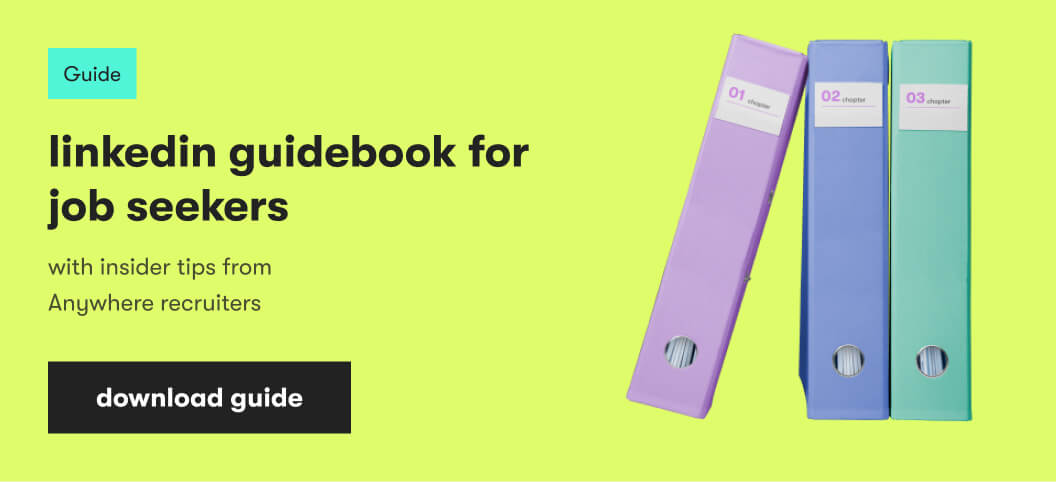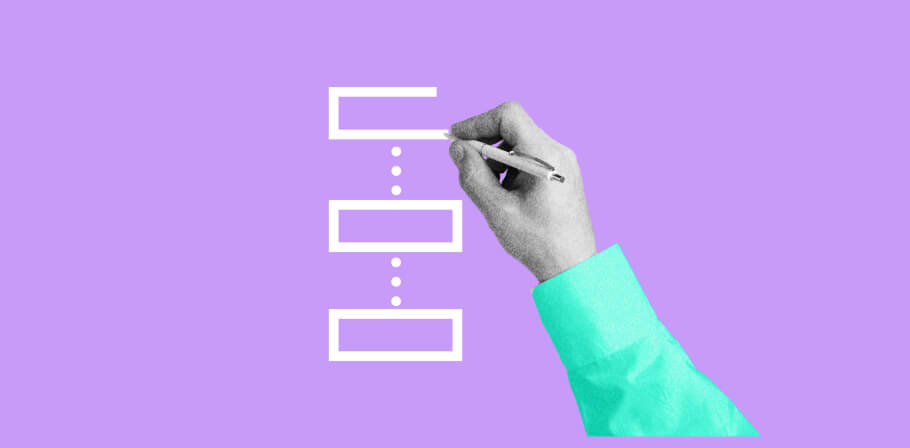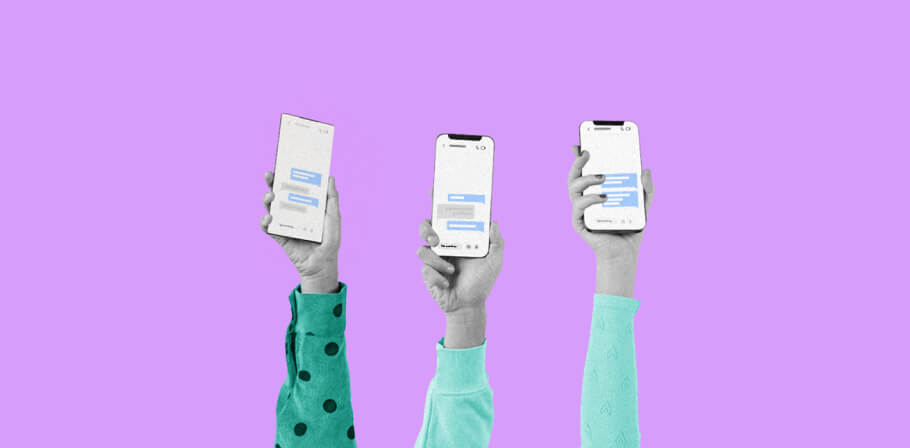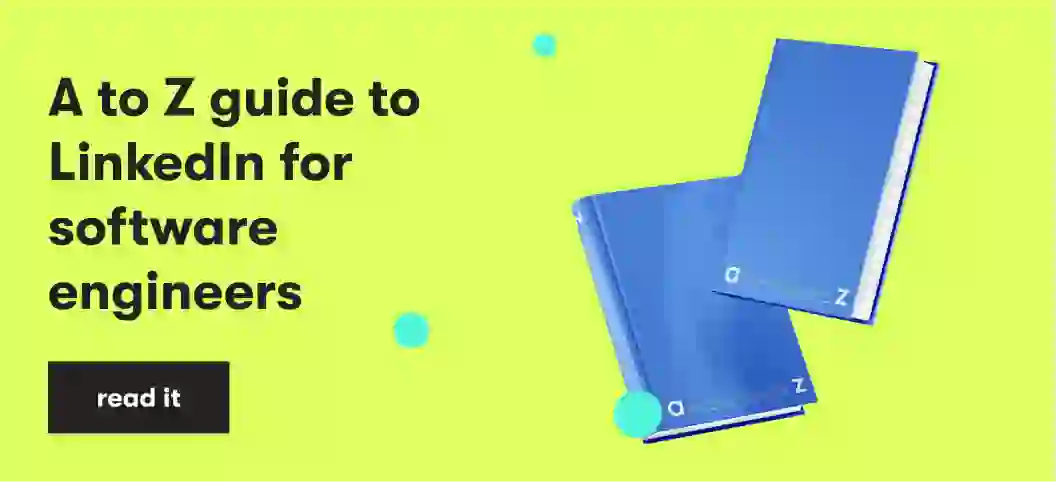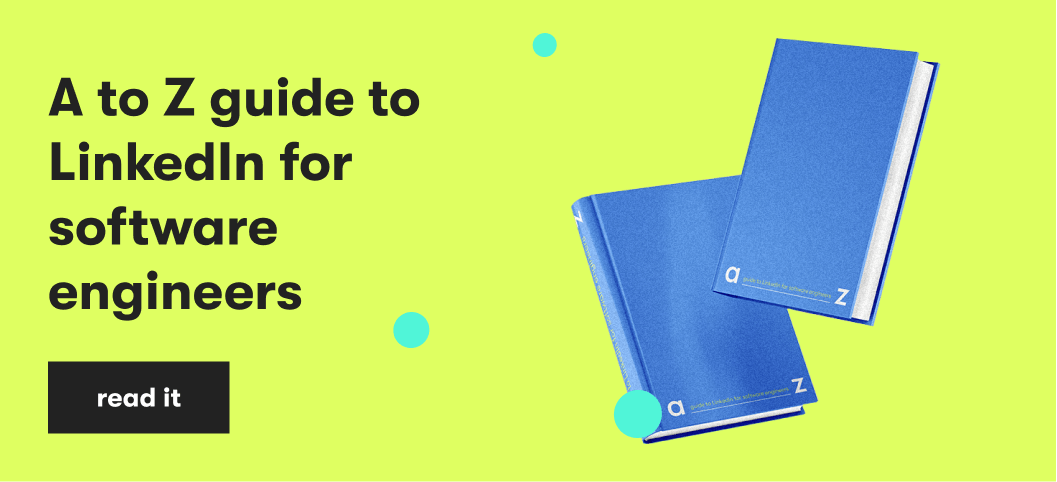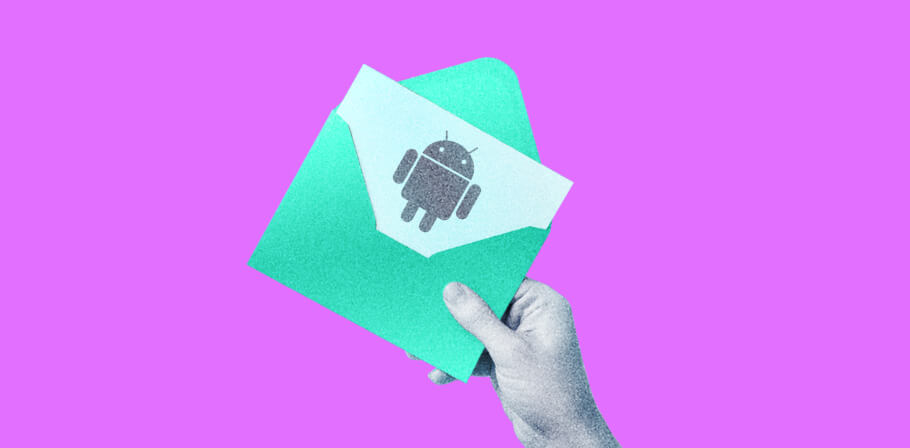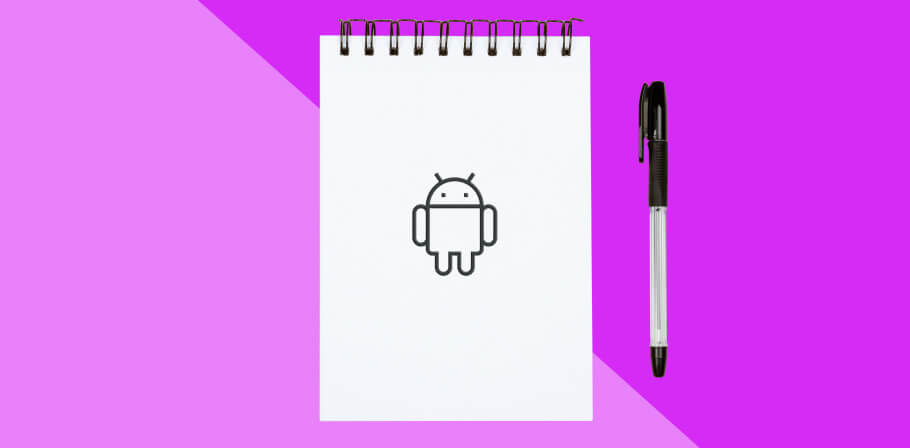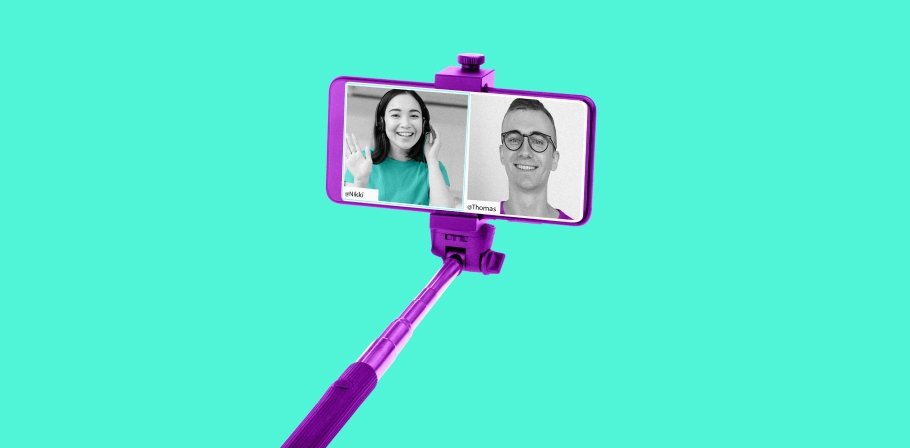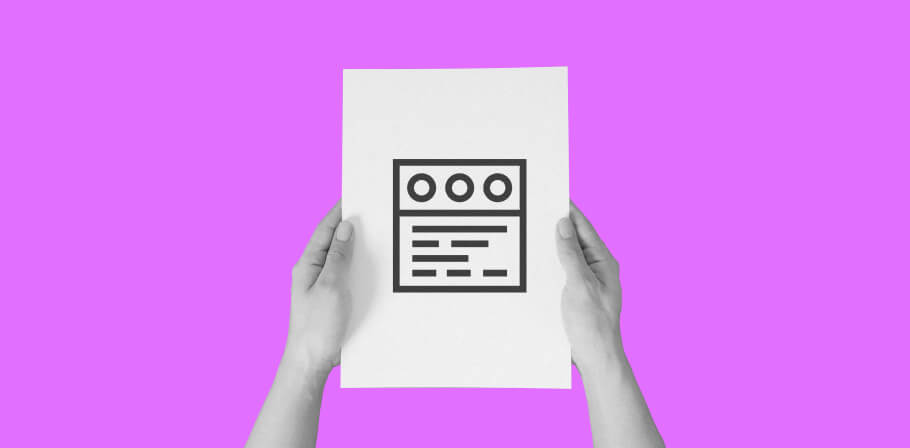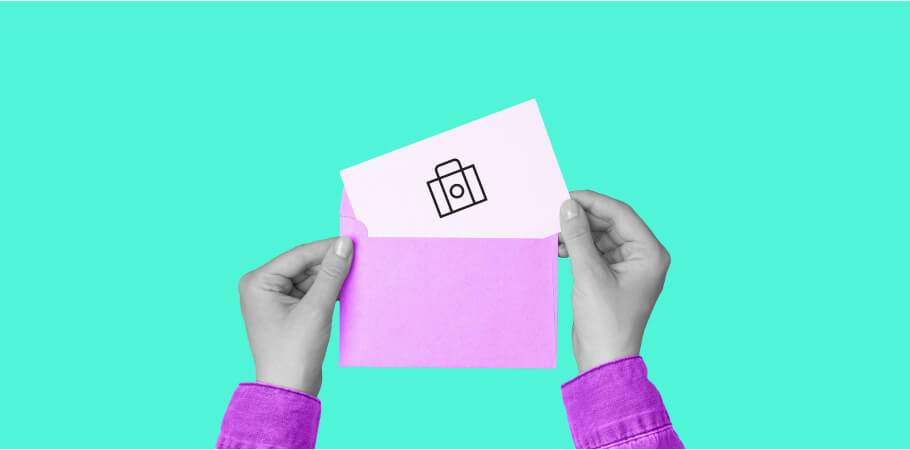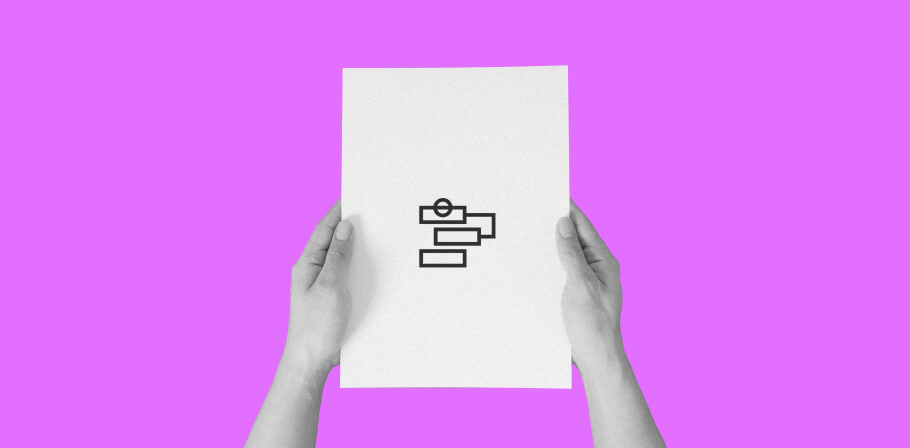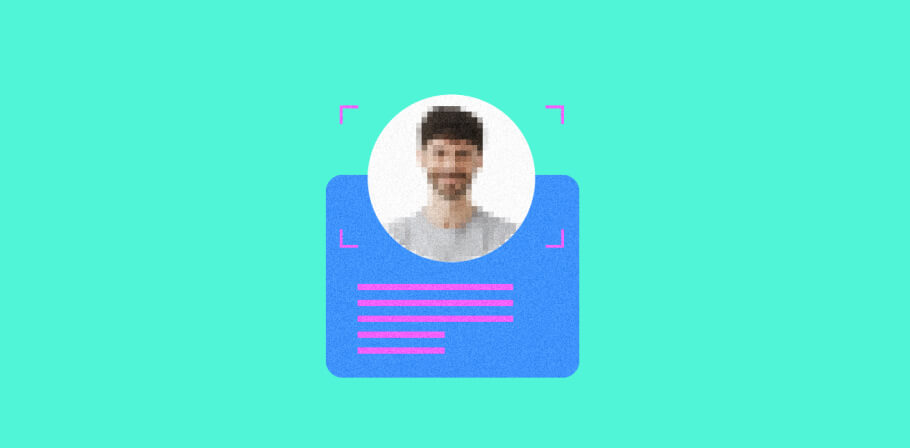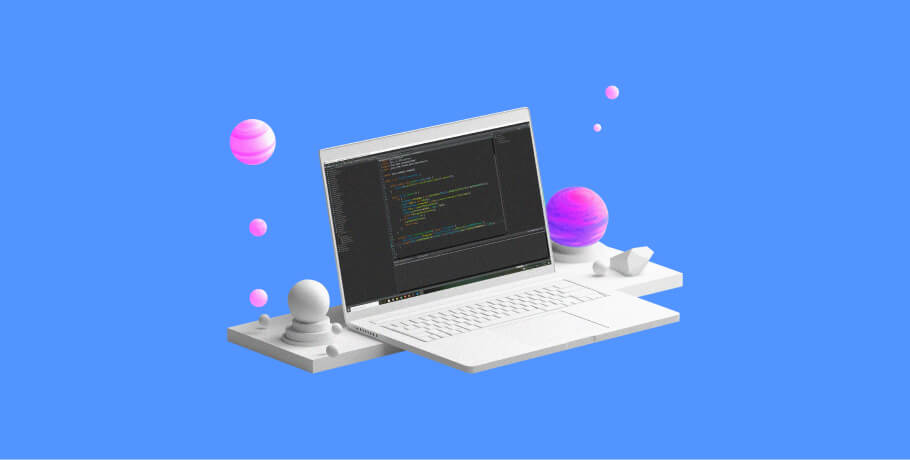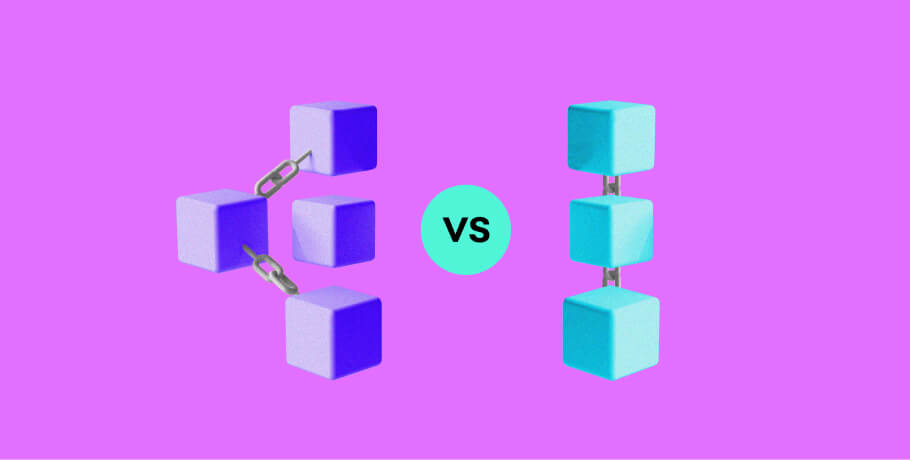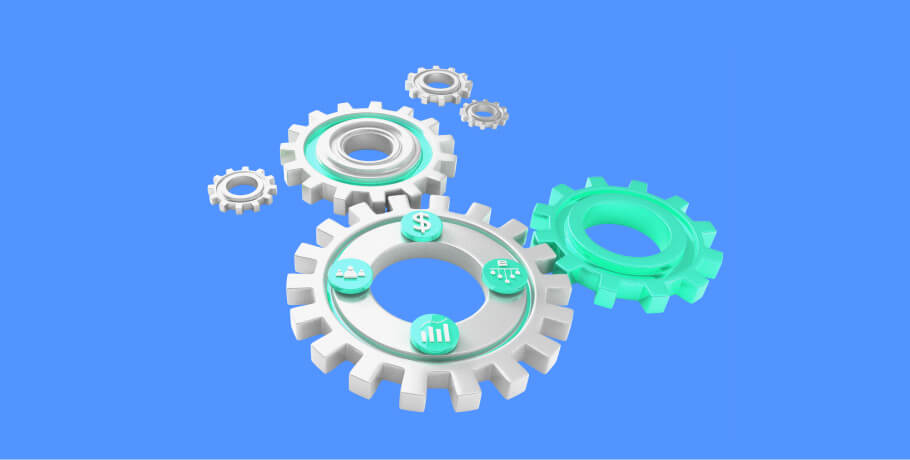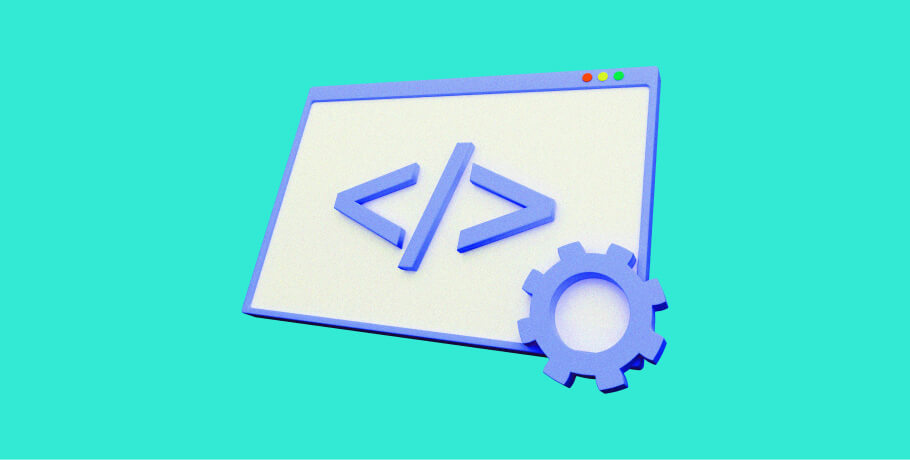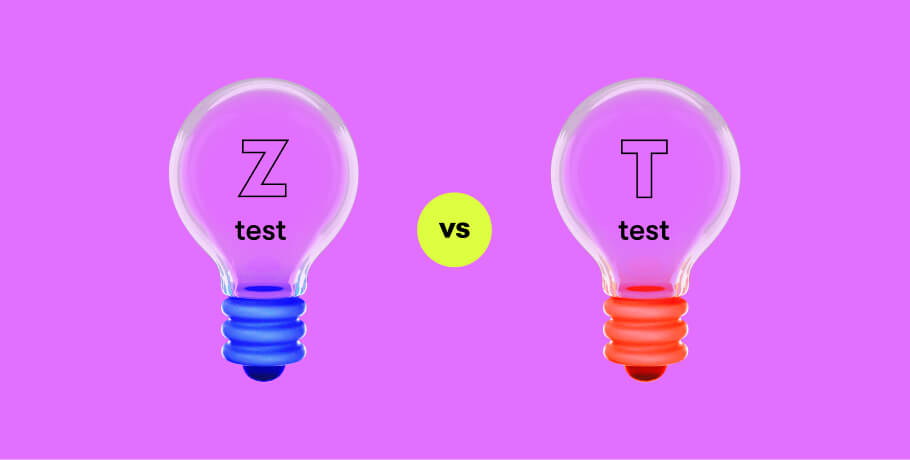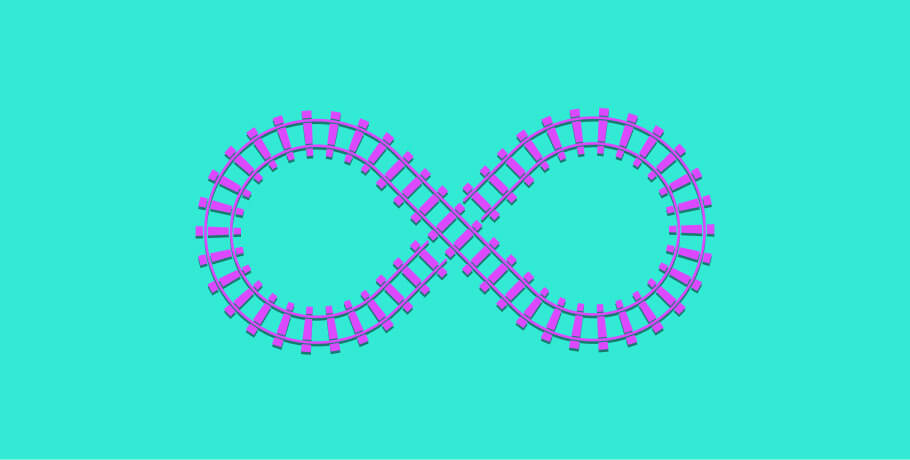Many candidates ask themselves whether they should connect with their interviewer on LinkedIn. This website has become the go-to source for connecting with professionals in your field, whether you’re looking for a remote tech job or networking for business opportunities. When searching for jobs in particular, LinkedIn is one of the greatest tools at your disposal.
But is connecting with your interviewer on LinkedIn appropriate? This is a difficult question to answer, as there are pros and cons to either going for it or not.
On the one hand, doing so could help you build a relationship with the interviewer and potentially improve your chances of getting the job by keeping the lines of communication open. Additionally, it allows your interviewer to see your recent professional activity and get a better sense of who you are as a person. On the other hand, it could be seen as too forward and aggressive, so how you connect can be very important.
tired of job hunting?
Scroll no more. Send us your CV and we'll match it with our best job for you.
Should you connect with the interviewer on LinkedIn before the interview?
Connecting with an interviewer on LinkedIn can have its benefits, but be sure to do it for the right reasons and send a personalized message. Connecting because you want to keep the lines of communication open is a great way to show your interest in the company without seeming overbearing.
When a candidate connects to their interviewer via LinkedIn prior to the interview, it usually means that the candidate is interested in the person (their experience, roles and core skills). I personally think that it positively affects the whole discussion since the candidate wants to prepare and know more about the company, its people, and so on.
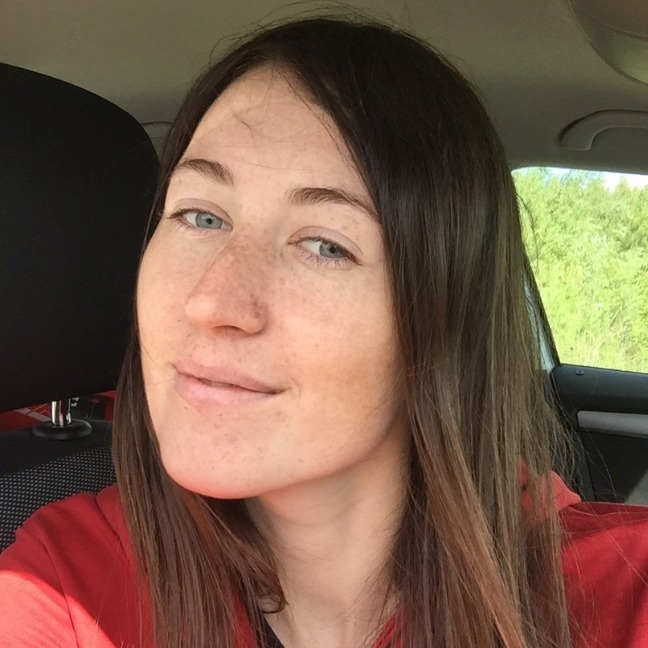
However, be mindful that connecting with your interviewer before the interview might appear overbearing and unnecessary. Think about the implications of this move for your interview outcome before you hit the send button.
I don't think it’s ok for a candidate to connect with their interviewer on LinkedIn. The candidate might want to share some materials or their profile, but it will only take the interviewer’s time to review and respond to it. If the interviewer doesn’t reply, the candidate might be biased during the interview. And if the interview is unsuccessful, the candidate might vent about it in a LinkedIn post and tag the interviewer.

If you do decide to connect with your interviewer on LinkedIn, send a personalized message explaining why you’re doing so. For example, you might say something like, “I wanted to connect with you on LinkedIn so that I can stay in touch and follow your work.” This will show that you’re interested in the interviewer as a person and the company and position, and not just trying to add another number to your connections.
Whenever you connect on LinkedIn, take great care to appear as professional as possible. Your profile represents you, and connecting with someone on LinkedIn is like shaking their hand for the first time. First impressions matter, so ensure your profile picture is current, friendly, and appropriate. Additionally, review your profile summary to ensure that it’s error-free and gives a good overview of who you are as a professional.
Should you connect with the interviewer on LinkedIn after the interview?
This question is easier to answer. Yes, you can connect with your interviewer on LinkedIn after completing the interview process.
If the candidate connects after the interview, it's a good sign that the candidate actually liked the session and wants to be in touch with the interviewer. It makes it possible to ask additional questions or simply exchange professional experience in a less formal manner. So I would recommend continuing to widen your LinkedIn network to stay on top of new trends, skills, and updates.

When sending a LinkedIn request, be sure to include a personal note so the interviewer knows how you met. For example, "It was great meeting you and interviewing for the XYZ position. I look forward to staying in touch."
Including a personal note is important because it will help the interviewer remember who you are. If you interviewed with several people for the same position, writing a personal note will help you stand out from the other candidates.
Additionally, sending a LinkedIn request to someone you have interviewed with is appropriate as long as you have had a meaningful conversation during the interview process.
Connecting with the interviewer after the interview can be an option if during the interview some questions were left open.

While connecting with your interviewer on LinkedIn is appropriate, there are a few things you should avoid doing after the interview process is complete. First, don’t reach out to your interviewer on LinkedIn if you didn’t have a positive experience during the interview process. Additionally, avoid sending a generic LinkedIn request as they will have already seen similar boilerplate examples, and you'll only be doing yourself a disservice.
Should you connect with your hiring manager on LinkedIn?
Often an interviewer and a hiring manager are different people. This is especially true in technical roles where the interviewer might be more focused on your skill set, and the hiring manager might be more interested in your ability to work within a team. In these cases, it is appropriate to connect with both the interviewer and the hiring manager on LinkedIn.
When connecting with your interviewer or hiring manager on LinkedIn, make sure to include a personal message. This will help you stand out from other candidates by reminding them of who you are.
Additionally, if you have any questions about the role or company, this is a great time to reach out. This could mean asking for clarification on questions asked during the interview, or asking general questions about the role.
At the end of the day, connecting with your interviewer or hiring manager on LinkedIn is a great way to stay connected and on the top of their mind. If done correctly, it can be a valuable tool in helping you secure a job offer.
Closing tips on LinkedIn etiquette for software engineers
LinkedIn is a potent tool for job seekers, but it’s important to use it correctly.
Always be polite and professional, and avoid being too pushy.

Here are a few more LinkedIn tips for software engineers:
- Don’t add someone you don’t know. Don’t add someone as a connection if you don't know them, as that is spam.
- Don’t connect with people you interviewed with just to “stay connected.” If you interviewed with someone and they didn’t offer you the job, there’s no need to connect with them on LinkedIn just for the sake of staying connected. Move on and focus on the interviewers who may actually help you get hired.
- Do connect with people you interview with if they offer you the job. Once you’ve landed a job, it’s perfectly fine (and encouraged) to connect with your new colleagues on LinkedIn.
- Don’t send generic connection requests. Take the time to personalize your connection request so the person knows why you want to connect with them. This shows that you’re not just randomly adding people and that you actually care about connecting with them.
- Do include a message when you connect with someone. If you have something specific to say or ask, include it in your message when you connect with someone on LinkedIn. This will help start off the conversation on the right foot.
- Don’t be afraid to follow up. If you’ve connected with someone on LinkedIn and you haven’t heard back from them, it’s perfectly acceptable to follow up. Just send a quick message letting them know you’re interested in connecting and see if there’s anything they’d like to chat about.
Finally, be active unless you want to hide your LinkedIn profile. Regularly update your status, post articles, and engage in discussions. This will help you build a brand for yourself and will keep you on the top of potential employers’ minds
Connecting on LinkedIn can help in one way for the recruiters or hiring managers to know more about the experience and achievements of the candidate. At the same time, if a person has a vast professional network, they can learn about opportunities faster rather than focusing only on job portals.
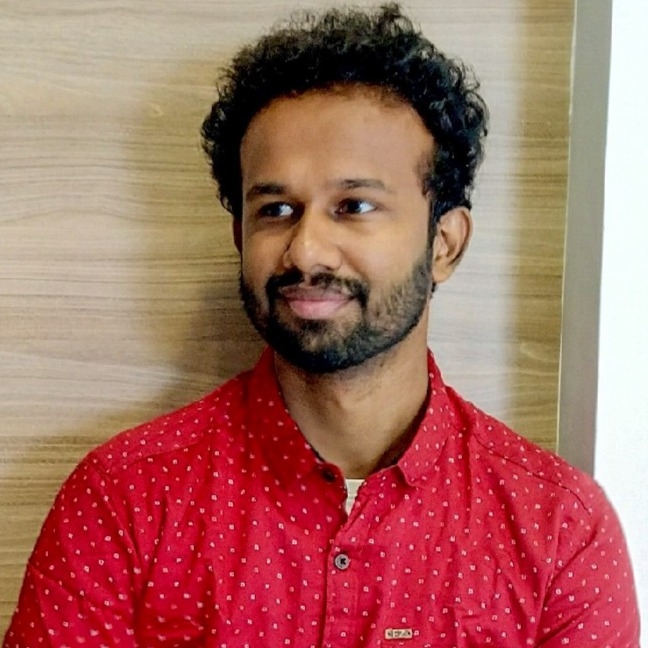

With a focus on remote lifestyle and career development, Gayane shares practical insight and career advice that informs and empowers tech talent to thrive in the world of remote work.
With a focus on remote lifestyle and career development, Gayane shares practical insight and career advice that informs and empowers tech talent to thrive in the world of remote work.
Explore our Editorial Policy to learn more about our standards for content creation.
read more